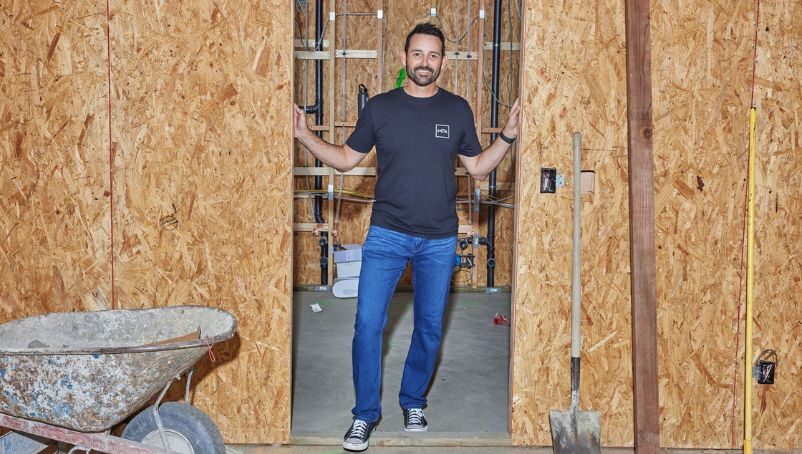1. Know the requirements to become a carpenter
There’s no federal law that requires a license or certification to practice carpentry. But many states and localities have their own rules.
Most states don’t require a specific license to work as a carpenter, but may require licenses for larger or more specialized construction and carpentry projects. Similarly, some states consider carpentry a type of home improvement or remodeling work that may require a license.
Also, depending on what kind of carpentry business you have or the jobs you work on, you may need liability insurance.
You can check your state’s requirements here.
2. Choose a carpentry learning path
Many carpenters’ career paths begin with high school woodworking, geometry and mechanical drawing classes.
Traditionally, carpenters gain real-world experience through an apprenticeship, which is a supervised work program that often pays a good wage. To become a carpenter apprentice, you need a high school diploma (or an equivalent such as a GED) or associate degree, and the endorsement of an organization like a union. Organizations might also provide financial aid for formal classroom training.
Typically, carpentry apprentices work under a supervisor on various jobs, which can be very demanding. A carpentry apprenticeship may also include classroom learning and can last as long as four years. This is where apprentices learn about building codes, blueprint reading, power tool fundamentals and more.
Another route to a carpentry career is a carpentry certificate program through a trade school or community college, which provides training in basic carpentry skills and classroom learning opportunities. Carpentry certificate programs may help prepare you for a carpentry certification exam and offer the chance to become a paid apprentice after the course.
It’s also possible to gain carpentry experience without formal training, though this can be more challenging. The best way to go this route is to find a company with a supportive crew that’s willing to give you a wide variety of experiences.







